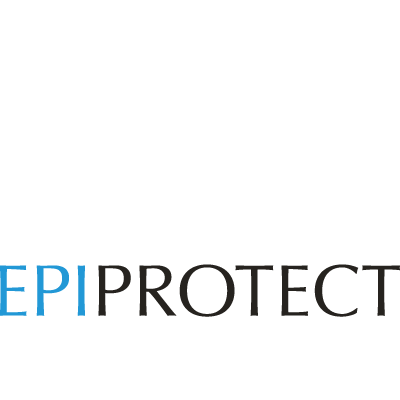Products You Can Trust
Peer-reviewed publications
Want to know the effect of EPIPROTECT more in-depth? Below, you will find several studies that show how our biosynthetic skin substitute has helped optimize the healing process of wounds such as burns.
Karlsson et al. (2022)
"Porcine Xenograft or Biosynthetic Cellulose in the Treatment of Partial Thickness Burns – A Randomised Clinical Trial."
A randomized trial demonstrating shorter healing times and better scar outcomes with EPIPROTECT compared to porcine xenografts.
Majid et al. (2021)
"Single Stage First Layer Biosynthetic Cellulose Dressing Versus Non-Adherent Gauze Management in Pediatric Burns."
A study reporting significant reductions in parental anxiety, pain, and scar quality in pediatric cases.
Shanks et al. (2020)
"Evaluation of Epiprotect® Microbial Cellulose Burns Dressings in Young Children."
A study on young children demostrating EPIPROTECT's effectiveness in reducing pain, enhancing wound coverage, and providing high tolerance.
Delli Santi et al. (2019)
"Efficacy of Biosynthetic Cellulose in Pediatric Burns Compared to Conventional Dressings: An Observational Study."
Observational data indicating effective pain management and improved healing in pediatric burn cases.
Karlsson et al. (2018)
"Three Years’ Experience of a Novel Biosynthetic Cellulose Dressing in Burns."
A retrospective review at a national burn center, which highlighted significantly reduced pain and effective infection control.
Aboelnaga et al. (2018)
"Comparison of Biosynthetic Cellulose with Silver Sulfadiazine in Adult Burns: A Randomised Controlled Trial."
A study comparing EPIPROTECT with silver sulfadiazine, demonstrating reduced pain and a decrease in dressing changes.
Sivler et al. (2018)
"Treatment of Nonhealing Ulcers with an Allograft/Xenograft Substitute: A Case Series."
A publication showing reduced dressing change frequency and effective healing in chronic ulcer patients.
Scientific presentations
Gallagher et al. (2024)
A pilot study, which found EPIPROTECT to provide superior pain relief at dressing changes and faster healing times in children with partial-thickness burns.
